Optimal Timing for Fire Restoration
Determining the optimal time for fire restorations depends on multiple factors including weather conditions, property usage, and fire season peaks. Typically, fire restoration is most effective when conducted during dry months, which allow for better access and less moisture interference. Planning during off-peak fire seasons can also reduce costs and scheduling conflicts.
Restorations are often best scheduled in late spring or early fall, avoiding extreme weather conditions that can hinder work or cause delays.
Post-peak fire season periods tend to have lower demand, making it easier to secure restoration services and resources.
Dry and mild weather conditions facilitate safer and more efficient restoration efforts, reducing moisture-related issues.
Timing also depends on when the property is accessible and prepared for restoration work, often after initial cleanup and assessment.
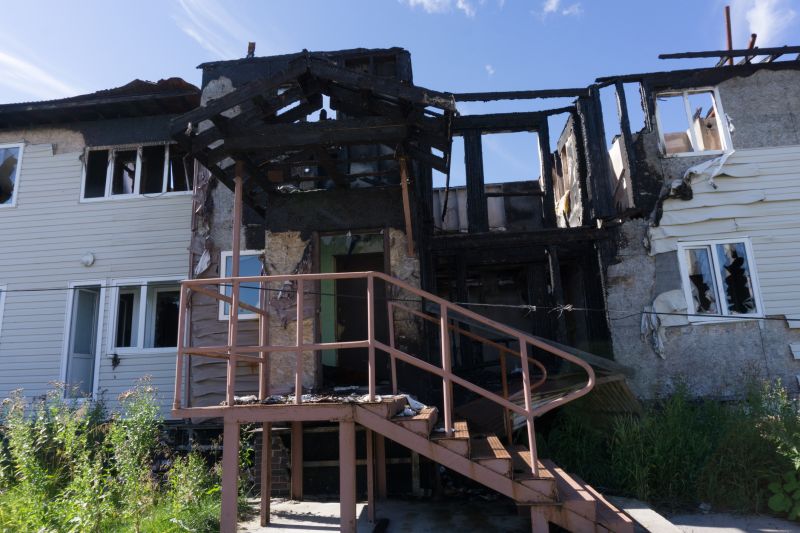
Evaluating the extent of damage helps determine the best timing for effective restoration.
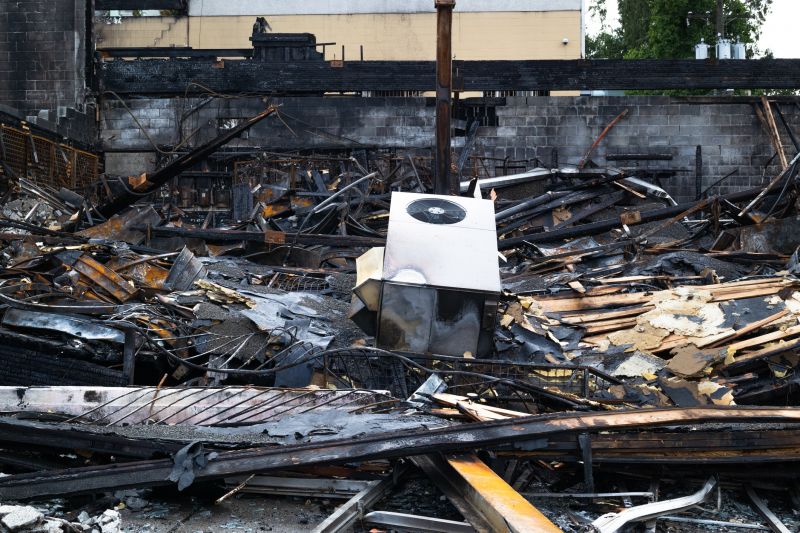
Immediate cleanup is crucial and often best performed during dry, mild weather conditions.
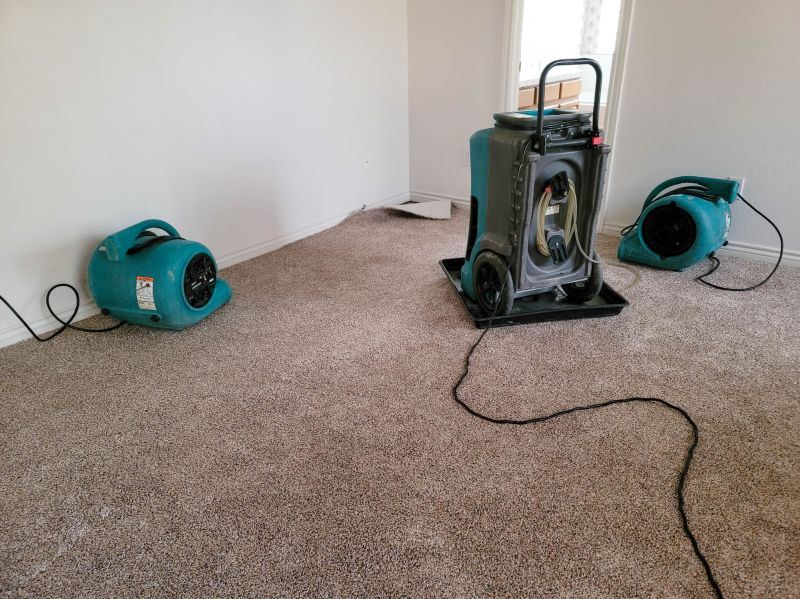
Availability of specialized equipment improves during off-peak seasons.
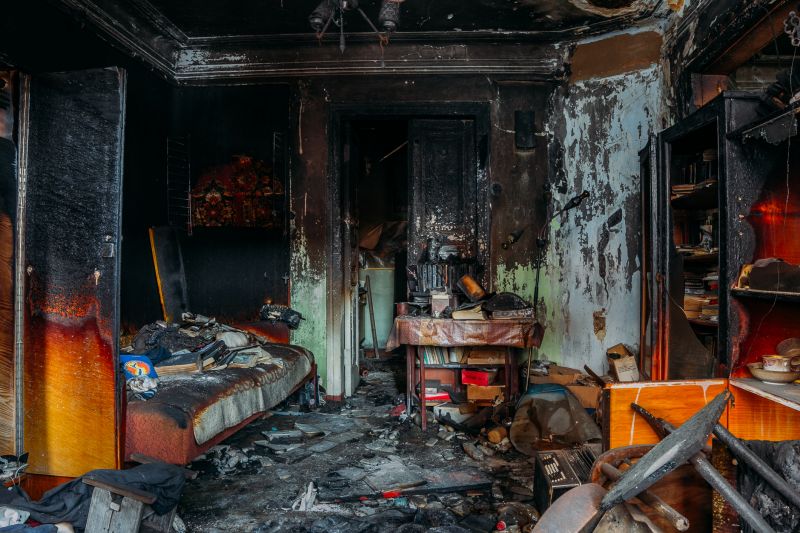
Ways to make Fire Restorations work in tight or awkward layouts.
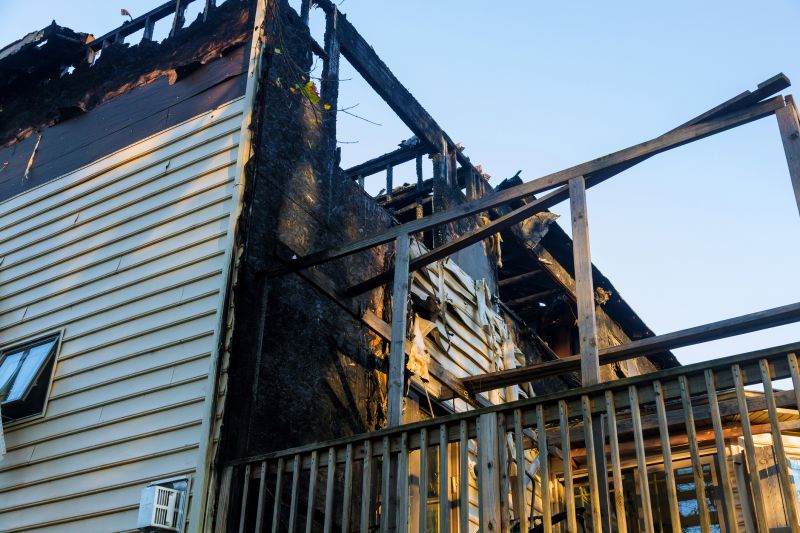
Popular materials for Fire Restorations and why they hold up over time.
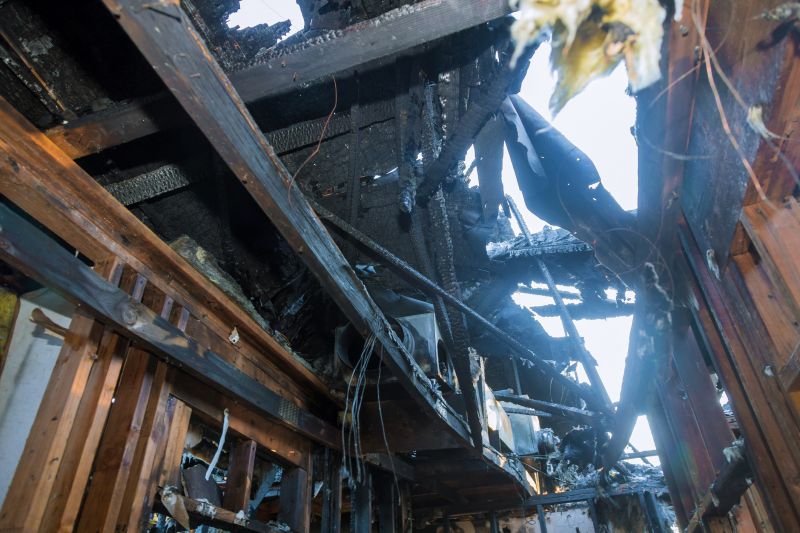
Simple add-ons that improve Fire Restorations without blowing the budget.

High-end options that actually feel worth it for Fire Restorations.

Finishes and colors that play nicely with Fire Restorations.
| Factor | Optimal Timing |
|---|---|
| Weather Conditions | Dry, mild months |
| Fire Season Peaks | Post-peak periods |
| Property Accessibility | After initial cleanup |
| Community Fire Prevention | Aligned with local efforts |
| Resource Availability | Off-peak seasons |
Fire restorations involve comprehensive processes that restore safety and property integrity after fire incidents. These services typically include debris removal, smoke and soot cleaning, structural repairs, and odor mitigation. The effectiveness of restoration depends on timely intervention, as prolonged exposure to fire and smoke can cause further damage and complicate repairs. Statistics indicate that prompt fire restoration can significantly reduce long-term costs and minimize health hazards associated with residual smoke and soot.
Restoration professionals utilize advanced techniques and equipment to assess damage accurately and execute repairs efficiently. Proper timing ensures that restoration efforts are not hampered by adverse weather or resource limitations, ultimately leading to a safer and more thorough recovery process.
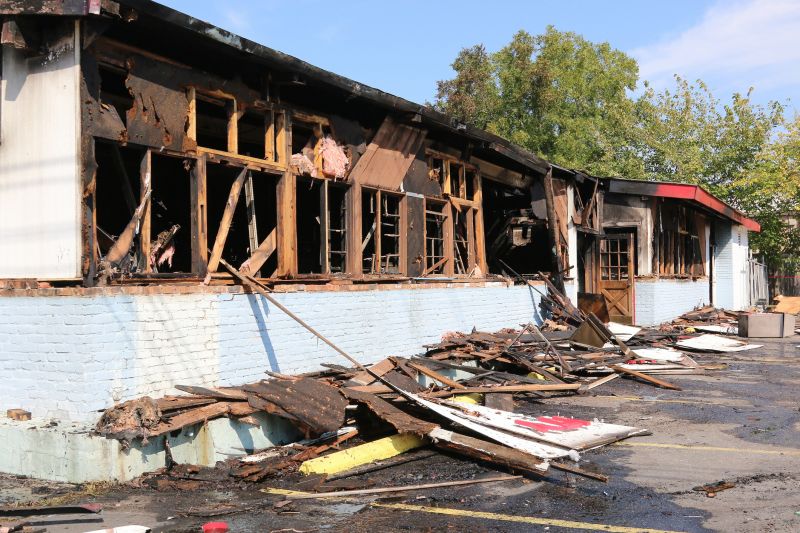
Initial assessment determines the extent and urgency of restoration.
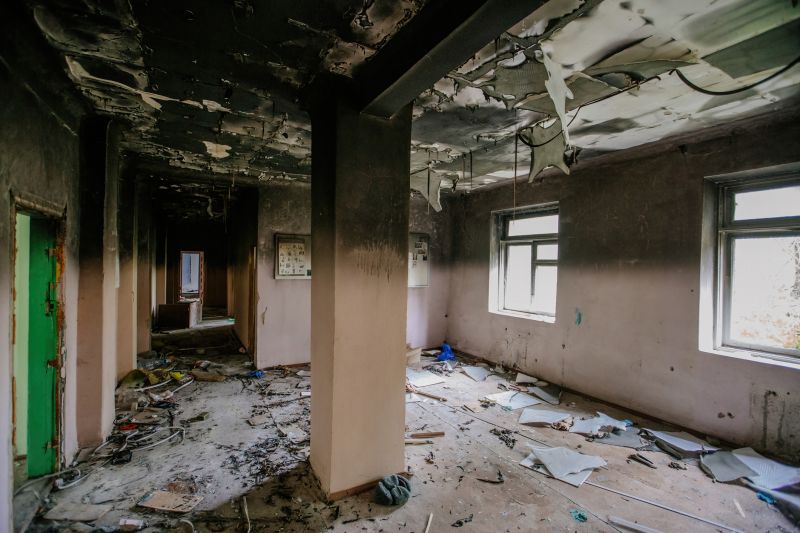
Specialized cleaning methods restore air quality and surfaces.
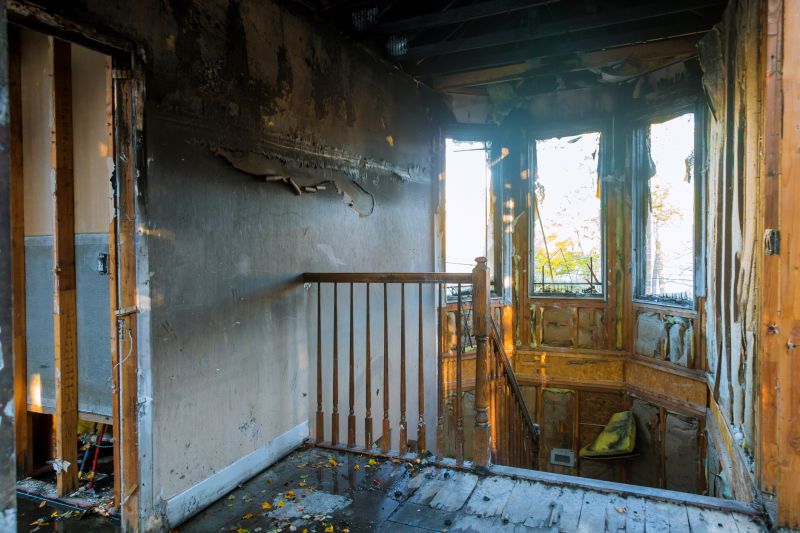
Restoring structural integrity is crucial for safety.
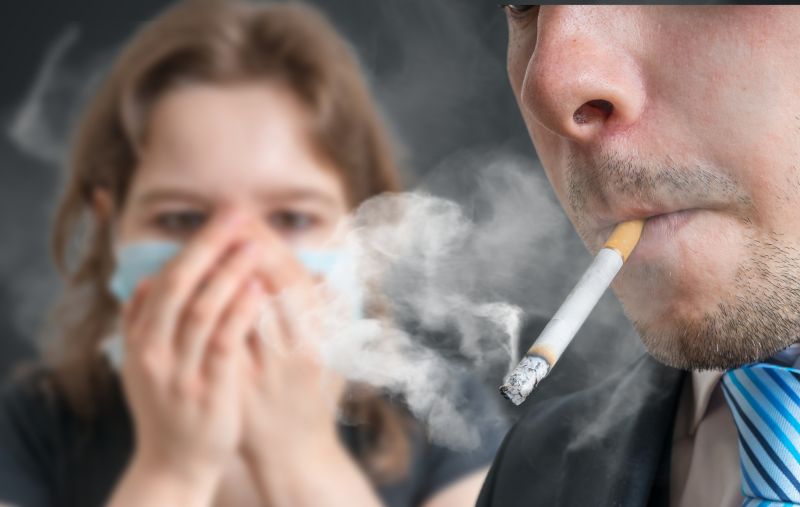
Advanced techniques eliminate persistent smoke odors.

Little measurements that prevent headaches on Fire Restorations day.
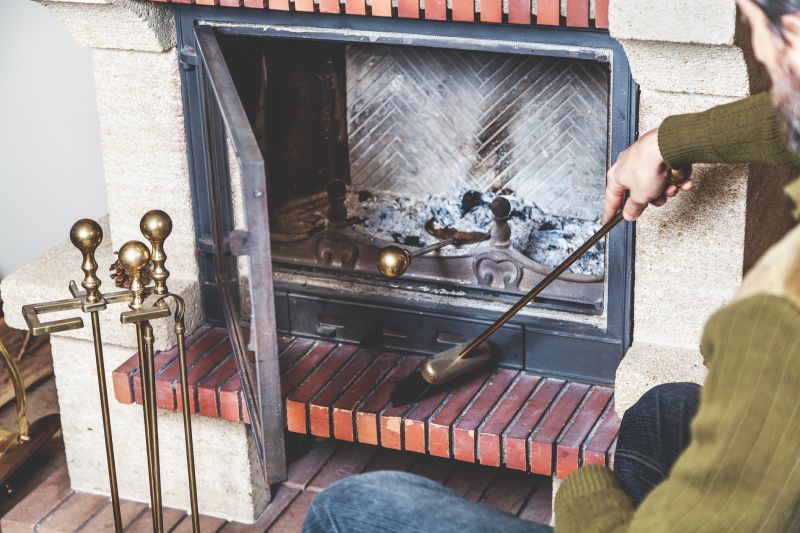
A 60-second routine that keeps Fire Restorations looking new.
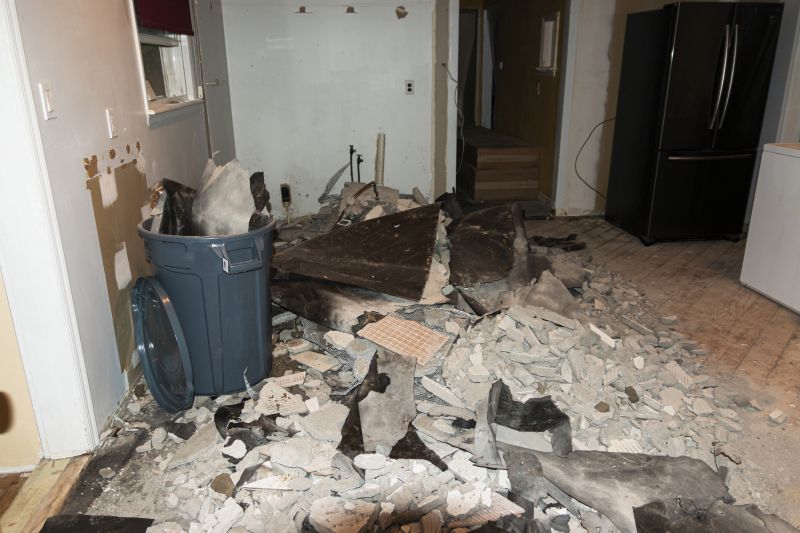
A frequent mistake in Fire Restorations and how to dodge it.
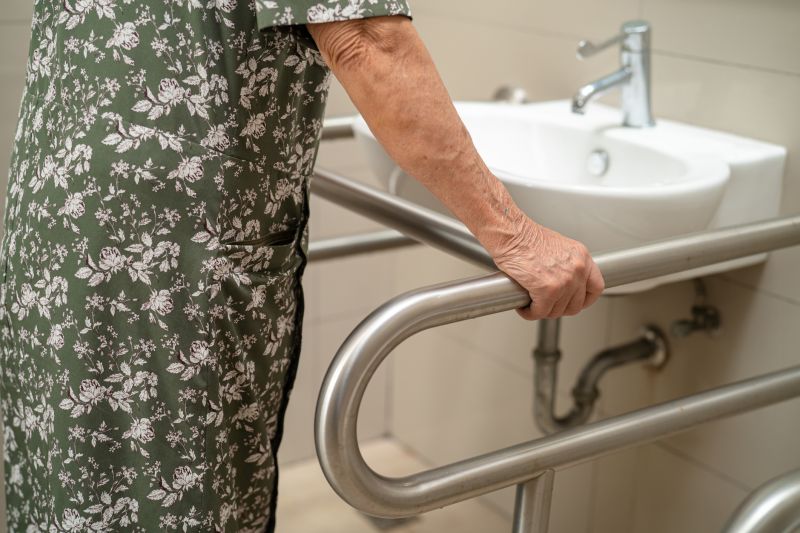
Small tweaks to make Fire Restorations safer and easier to use.
Individuals interested in fire restoration services are encouraged to contact for more information. Proper timing and professional intervention can restore property safety and value effectively.
